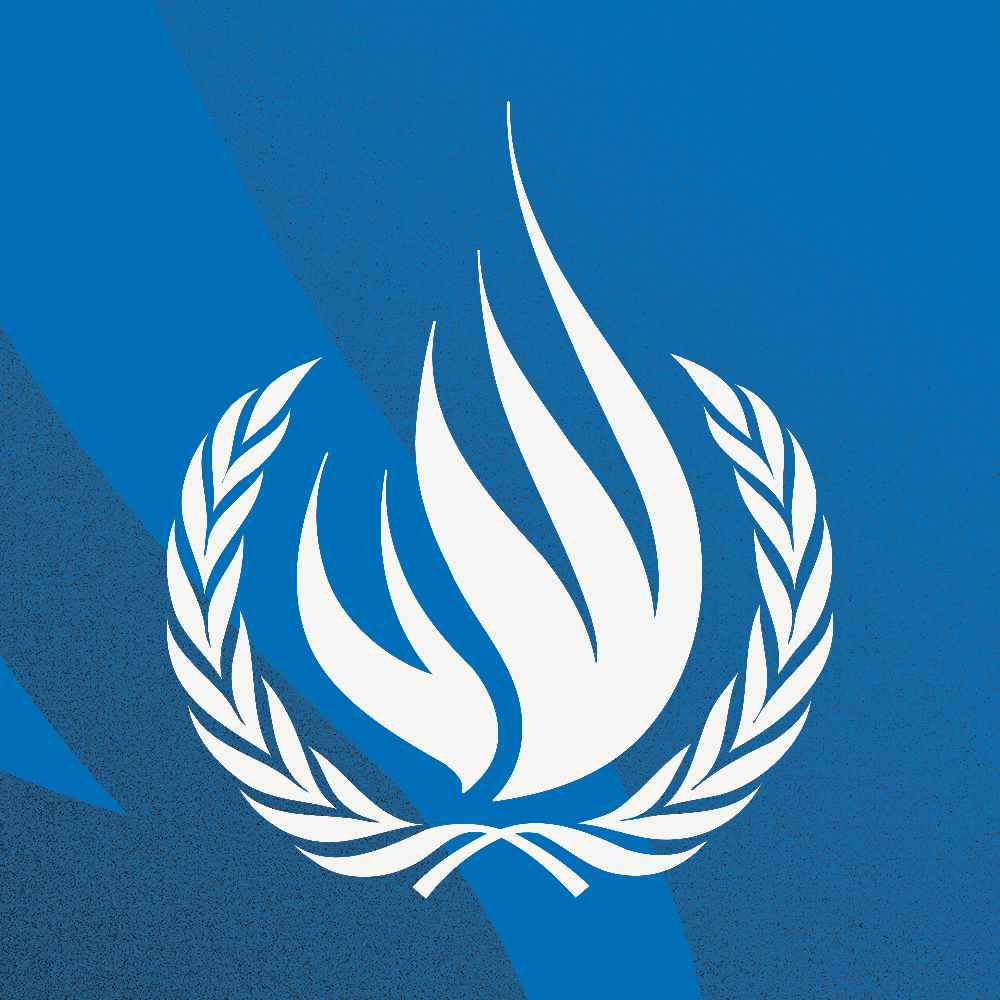
DELIVERED BY
Volker Türk, United Nations High Commissioner for Human Rights
AT
Human Rights Council – Intersessional
LOCATION
Geneva
Mr. President,
Excellencies,
Distinguished delegates,
Those of us who love the great Latin American writers know how the theme of revolution and magical thinking has dominated their work.
Some authors have also described the shadow side of many a revolution, including how, in their aftermath, some have devoured their children.
Since my predecessor last updated this Council on the situation of human rights in Nicaragua, the climate of oppression has only intensified.
The number of people arbitrarily detained for expressing their political views or for being perceived as critics of the Government went up from 195 in September to 225 today (26 women and 199 men).
This includes relatives of detained political opponents, allegedly to coerce the latter into surrendering.
As reported by my predecessor, their conditions of detention are precarious. Those detained in El Chipote continue to suffer inhuman conditions of detention, with limited access to medical care, to balanced diets and to regular family contact.
Their mental health deteriorating with every passing day.
With humiliating and degrading treatment of family members visiting prisoners, such as elderly women subjected to strip-searching.
More broadly, apart from the plight of those arbitrarily detained, I wish to highlight other developments of concern.
Over 3,000 national and international NGOs were shut down, almost half of which since September alone.
Leaving countless people without access to their services or assistance.
Muzzling of the media, with 26 national outlets and three international outlets closed by the Government.
And a new law adopted in October requiring registration and Government authorization for the production, filming and exhibition of any audio-visual material in the country.
12 Nicaraguan citizens have not been able to return to their own country, reportedly by decision of the Government of Nicaragua, and without any information regarding the basis for such refusal. I call on the authorities to ensure that all Nicaraguans are able to leave and enter their country in accordance with international law.
Human rights defenders, journalists, clergy or those perceived to be political opponents, are arrested, harassed, intimidated.
Some are prosecuted for the offences of conspiracy to undermine national integrity or for “false news”.
All part of a systematised effort to stifle opposition and dissent.
The lead up to and holding of the November municipal elections had the trappings of an exercise in autocracy.
With a wave of arrests and dismissals of political opponents in the months leading up to the elections.
Political parties whose legal status were cancelled in 2021 were excluded from participating.
Reportedly, election day was ripe with intimidation, with checkpoints set up around the polling stations to track voters.
People perceived as political opponents were denied access to the polling stations.
After the elections, riot police reportedly repressed supporters of the indigenous political party YATAMA, who claimed having won in the municipality of Waspam, in the Northern Caribbean Coast. We were told that at least 19 people, mostly young indigenous people, were arrested and detained for several days.
Excellencies,
The effects of this crisis continue rippling beyond its borders.
Between January and October 2022, Costa Rica received 70,000 new asylum applications from Nicaraguans. Over 147,000 Nicaraguans ended up at the borders of the United States of America.
And the country has continued to isolate itself from the international community.
This year alone, Nicaragua has failed to engage with several United Nations human rights treaty bodies in the context of the consideration of its periodic reports and refused to cooperate with the planned visit to the country in 2023 by the Subcommittee on Prevention of Torture and Other Cruel, Inhuman or Degrading Treatment.
Nicaragua has also not cooperated with the Inter-American system of human rights.
This is a picture of a social contract in tatters.
Of eroded trust.
Of broken lives.
Of a fractured society.
Excellencies,
What can be done.
We need concerted engagement and commitment at national, regional and international levels, grounded in international human rights standards.
At national level, I urge the authorities immediately to release all arbitrarily detained people.
To include again those who have been excluded from the political and social spheres so they can participate in public life.
To respect fully the fundamental freedoms of expression, association and assembly, which are essential for sustainable development.
To rebuild the social contract and restore hope.
And to establish an inclusive, national dialogue, anchored in human rights.
My Office is ready to work with the authorities in these areas, and I request access to the country for my staff.
At international level, it is important for the international community to ensure sustained backing for civil society organisations, many of which continue to operate from exile.
As well as to support, through international refugee protection measures, people who have been forced to flee.
Señor Presidente,
Me gustaría expresar mi solidaridad con las víctimas y sus familias, y con todos los defensores de derechos humanos en Nicaragua y en el exilio. Mi Oficina continuará apoyando los esfuerzos por la rendición de cuentas y por la promoción y protección de los derechos humanos.






